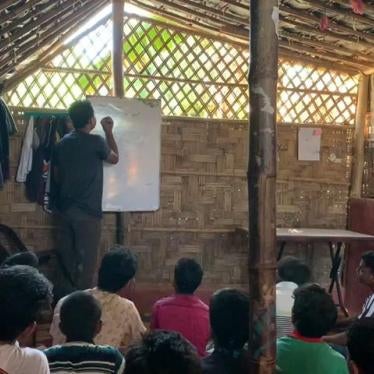Bhutan’s image as an otherworldly and harmonious kingdom was rocked on 20 January by coordinated bomb blasts in the capital, Thimpu, and three other locations. The bombs caused minimal damage but generated political shockwaves at a time when the Himalayan state is struggling to transform itself from an autocratic monarchy into a democracy. The second-round of Bhutan’s first-ever elections, scheduled for 24 March, will test whether its embrace of democracy will include its entire people. The answer may determine whether change ultimately will be ushered into Bhutan by the ballot or the bomb.
Although Bhutanese police initially listed Nepal-based exile groups as their top bombing suspects, their suspicions were based more on their knowledge of historical grievances than forensic evidence. A hitherto unknown group, the United Revolutionary Front of Bhutan, claimed responsibility, saying that Thimpu’s changes were cosmetic and would not benefit all Bhutanese. Though such bombings are never justified, the alarms they sound should not be ignored. This salvo should warn the government to be inclusive in its experiment with democratization. To start, it needs to address a blot on Bhutanese history that remains unresolved.
In the late 1980s Bhutanese elites regarded a growing ethnic Nepali population as a demographic and cultural threat. The government enacted discriminatory citizenship laws directed against ethnic Nepalis, that stripped about one-sixth of the population of their citizenship and paved the way for their expulsion.
After a campaign of harassment that escalated in the early 1990s, Bhutanese security forces began expelling people, first making them sign forms renouncing claims to their homes and homeland. “The army took all the people from their houses,” a young refugee told me. “As we left Bhutan, we were forced to sign the document. They snapped our photos. The man told me to smile, to show my teeth. He wanted to show that I was leaving my country willingly, happily, that I was not forced to leave.”
Today, about 108,000 of these stateless Bhutanese are living in seven refugee camps in Nepal. The Bhutanese authorities have not allowed a single refugee to return. In 2006, the US government, seeing an impasse, offered to resettle 60,000 of the Bhutanese refugees. Processing has been slow to start, and the first refugees are not likely to depart until March.
After 17 years of deadlock, the coincidental synchronization of elections in Bhutan and resettlement of Bhutanese refugees to the United States plays into the fears of some refugees, who believe the US is conspiring with Bhutan to keep ethnic Nepalis from repatriating and asserting their rights. These refugees insist that return to Bhutan is the only acceptable solution and they are increasingly intimidating refugees who want to accept the US offer - through beatings, burning huts, and death threats.
Even if the Bhutanese government were to respect their right to repatriate under international law, its treatment of the ethnic Nepalis who still live in Bhutan suggests that the basic rights of returnees cannot be guaranteed.
A Bhutanese government census in 2005 classified 13 percent of Bhutan’s current population as 'non-nationals', meaning that they are not only ineligible to vote, but are denied a wide range of other rights. An ethnic Nepali non-national living in Bhutan told Human Rights Watch, “they don’t ask me to leave, but they make me so miserable, I will be forced to leave. I have no identification, so I cannot do anything, go anywhere, get a job.”
The militants should not deny their fellow refugees the choice of going to the United States or remaining in Nepal. But a genuine choice between resettlement, integration in Nepal, or return to Bhutan can only happen if Bhutan allows refugees to return and restores their rights. Bhutan should make citizenship available to all people with legitimate claims, including the refugees who can trace their statelessness to the events of the early 1990s.
If Bhutan aspires to be truly democratic, it should choose a path of reconciliation with the disenfranchised ethnic Nepalese inside and outside its borders. If instead it deliberately excludes many of its people, it may strengthen the hand of the militants and discover that simply holding elections will bring neither real democracy nor peace.
Bill Frelick is Refugee Program Director at Human Rights Watch.





